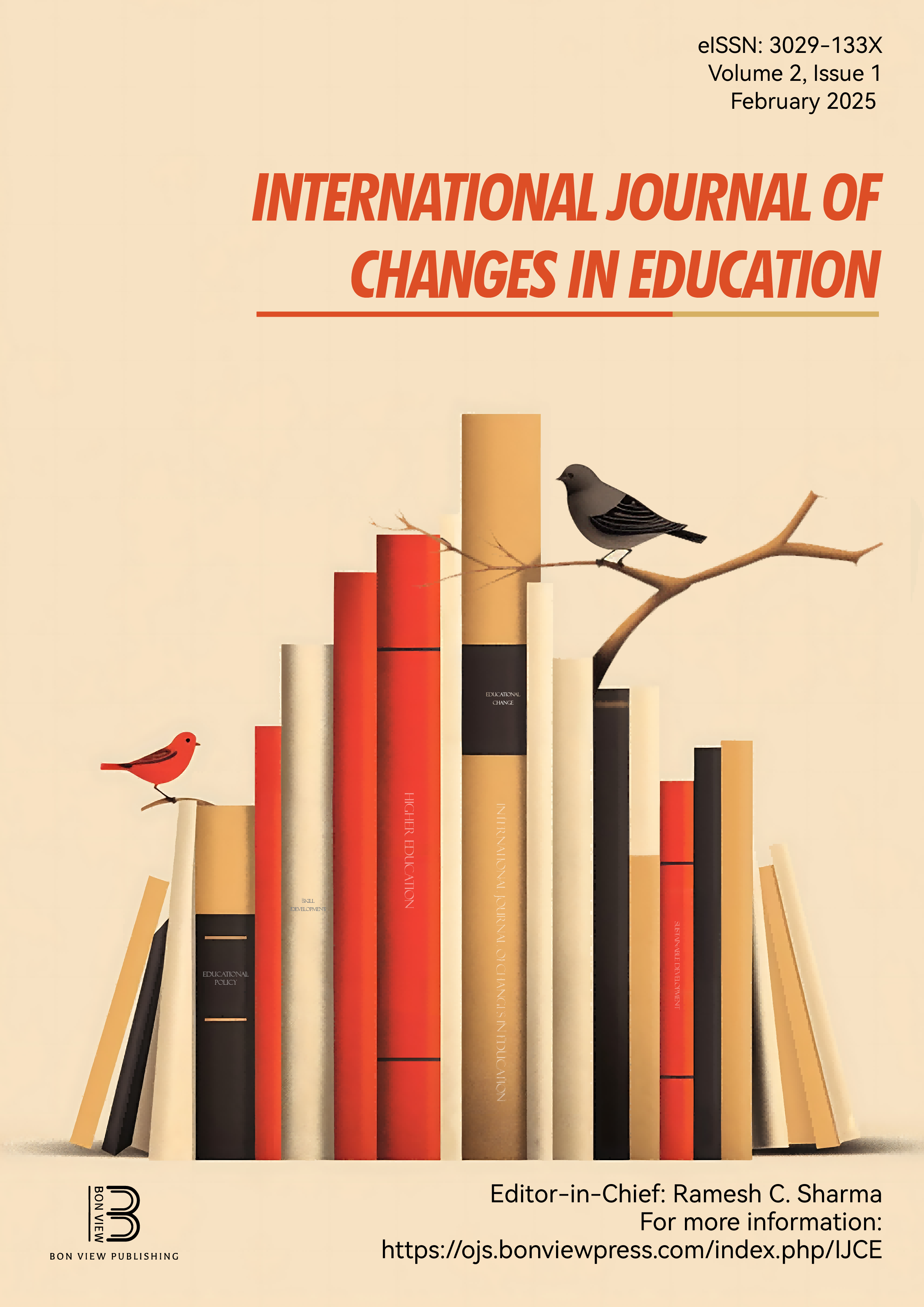What Content in Early Childhood Education for Sustainable Development is Present in Swedish Preschools?
DOI:
https://doi.org/10.47852/bonviewIJCE42023611Keywords:
early childhood education, sustainable development, systematic child talks, content analysisAbstract
This article shares what Swedish preschool teachers are working with in the field of early childhood education for sustainable development (ESD) as emerged in talks with their children, aged two to five years. The tasks carried out as the basis for the present analyses were informal child talks about a topic related to sustainability that the teachers and children had worked with in practice. The teachers themselves chose what content to talk about. The 200 teachers participated in the Swedish research and development program Sustainable Preschool. The aim of the present study was to make visible the content of teacher-child talks about sustainable development in early childhood education. The research question is as follow: What content areas do teachers communicate about with children 2-5 years of age related to ESD? The teacher-child talks were initiated by the teachers, but through the use of interpretative content analysis the children's voices were also made visible. The main result is narratives about the content, the most common topics being recycling, growing plants, and animals, areas which have long been common topics in Swedish preschools. For many preschools, however, the talks show an integration of transformative and transactional perspectives in how the content was handled together with the children. ESD in early education in Sweden is no longer dominated by the environmental dimension, as earlier content studies have shown; a new common content relates to the UN Sustainable Development Goal (SDG) 4.7 regarding sustainable lifestyles and human rights and sustainability is a long process, founded in empowerment, action competence, and changed policy.
Received: 13 June 2024 | Revised: 12 August 2024 | Accepted: 29 August 2024
Conflicts of Interest
The authors declare that they have no conflicts of interest to this work.
Data Availability Statement
The data used to support the findings of this study are available upon request to the corresponding author.
Author Contribution Statement
Ingrid Pramling Samuelsson: Conceptualization, Methodology, Software, Validation, Formal analysis, Investigation, Resources, Data curation, Writing - original draft, Writing - review & editing, Visualization, Supervision. Ingrid Engdahl: Conceptualization, Methodology, Software, Validation, Formal analysis, Investigation, Resources, Data curation, Writing - original draft, Writing - review & editing, Visualization. Eva Ärlemalm-Hagsér: Project Administration, Funding acquisition.
Downloads
Published
Issue
Section
License
Copyright (c) 2024 Authors

This work is licensed under a Creative Commons Attribution 4.0 International License.


